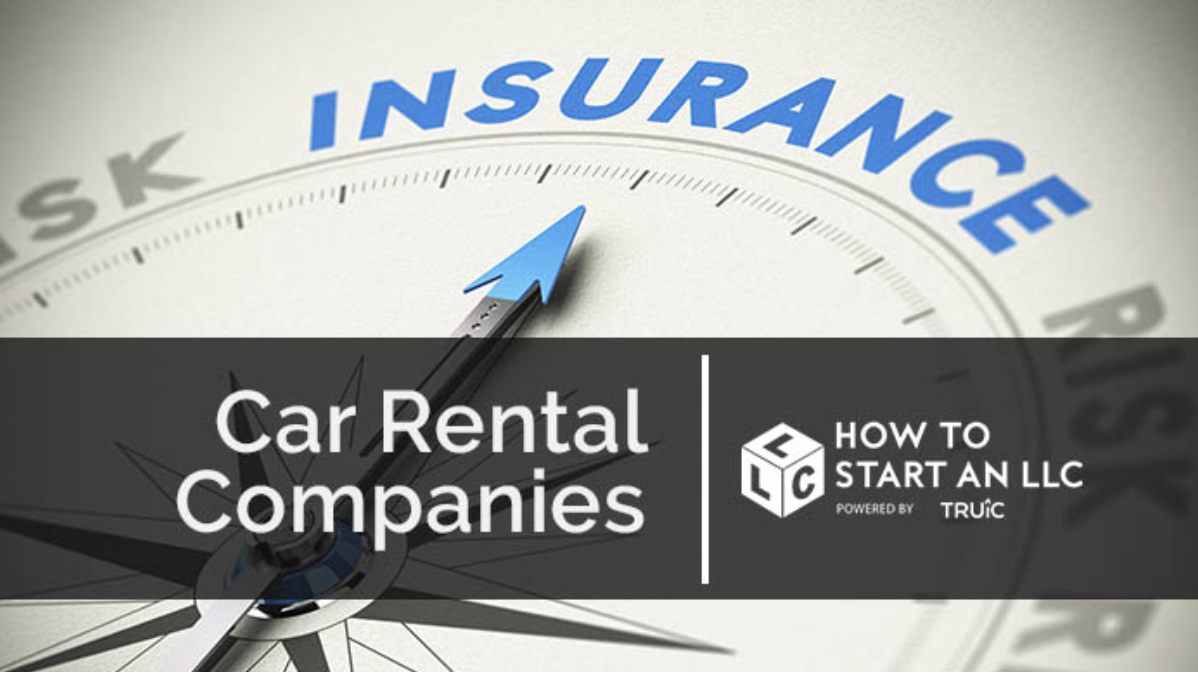What you need to consider when starting a car rental business
It is a difficult venture to set out and build a car rental business. Putting aside, the high failure rate of new startups in their first year, as well as the various supply chain delays that further drive up the cost of starting this business, there are a number of considerations prospective owners of these businesses must mull over before they can even think about getting started.
Indeed, there is more to think about when starting a car rental business than merely which state to register it in. Thankfully, due to the rising demand being placed on the vehicle leasing industry, there has never been a more conducive market to start your own venture in this market. This article contains some of the preliminary considerations to contemplate before you get started.
Business Plan
All businesses, regardless of their industry, are encouraged to form a crystal-clear plan regarding how they will be run. It is always better to elucidate these unknowns right off the bat rather than later down the road – by which point they could have snowballed into a much bigger problem.
Some useful topics to begin thinking about when considering the startup of a car rental business include what you will name your business, its target market, its associated costs (both startup and ongoing), and the amounts clients will be charged for various central services.
Naturally, the startup costs associated with starting a car rental business are quite high – many cars must be purchased, as well as an office with various supplies. This doesn’t even scratch the surface of total costs, which could start becoming very dear depending on the number of employees you plan on hiring.
Company Registration
All business owners are recommended to form the company as a legal entity and move away from informal business structures. Some of the most common structures business owners choose to incorporate as include limited liability companies (LLCs) and corporations as they provide numerous advantages.
Namely, both of these business structures offer personal liability protection which is incredibly important to ensure that your personal assets are safeguarded and cannot be used to recover debts from business loans or if the company is sued. LLCs have one of the most straightforward setups out of all the business structures and can be completed online with only a small state fee.
Required Licences
Depending on the state you are intending to operate in, you might need to acquire certain permits before you can get started with leasing cars. It is a good idea to refer to the Small Business Association’s reference on this.
Given the number of vehicles a car rental business must keep on hand in order to be able to offer its services effectively, it will likely require a lot. This in turn will normally necessitate a Certificate of Occupancy, which businesses use to demonstrate that they are making use of a property in accordance with the various government zoning laws, building codes, and other regulations.

Car Rental Insurance
As with all businesses, car rental companies require business insurance – if not to protect their financial assets, but because they are legally mandated to as well. General liability is always a good starting point for insurance because of its comprehensive nature and the seemingly all-encompassing coverage it provides.
From here, it is recommended that car rental businesses look into commercial property and auto insurance. These will provide coverage for the assets owned by the company on its premises and the cars themselves (which will often tend to have high values due to the low mileage) respectively.
For more information on rental car business insurance, please refer to The Really Useful Information Company’s (TRUiC) exhaustive resource on the topic.




